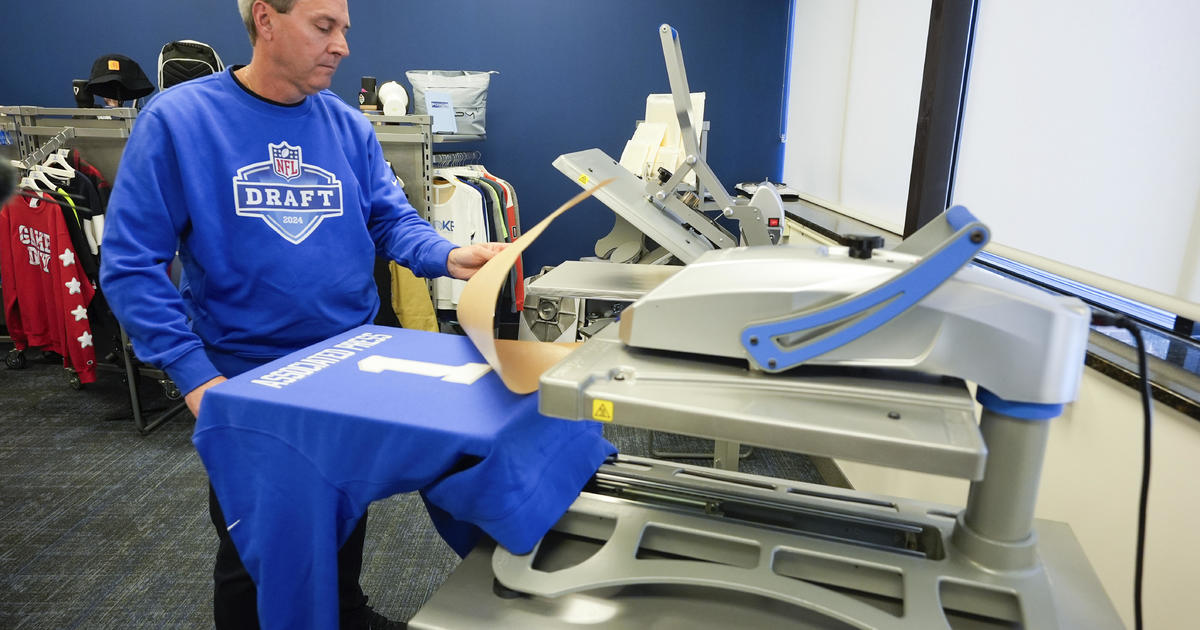MSU Licenses Food Safety, Security Technology To Spinout
EAST LANSING -- Michigan State University has licensed a suite of technologies to detect a broad range of pathogens and toxins to Michigan-based start-up nanoRETE. The company was launched by Michigan Accelerator Fund I (MAF-1), an investment partnership focused on Michigan-based early stage life science and technology companies.
NanoRETE will develop and commercialize a simple, inexpensive portable field test to detect pathogens and toxins such as E.coli, Salmonella, anthrax, tuberculosis, shiga, and STX, providing real-time detection using proprietary nanoparticle biosensors.
Outbreaks of Listeria-infected cantaloupe in Colorado and E.coli-contaminated bean sprouts in Germany are just two recent incidents that have dominated headlines. These biohazards cannot currently be field-tested because pathogens typically must be cultured and developed in a lab, away from the hazard source. This weakness means that pathogens can be confirmed only after the fact, often days after the infected food has been consumed.
In contrast, nanoRETE's X-Mark solution utilizes a handheld biosensor to test for multiple pathogens or toxins on site, in real time, representing a significant leap forward in detection and diagnostic technology.
The technology uses novel nanoparticles with magnetic, polymeric, and electrical properties that were invented by Evangelyn Alocilja, MSU professor of biosystems and agricultural engineering and chief scientific officer of nanoRETE.
"Our unique preparation, extraction, and detection protocol enables the entire process to be conducted in the field, without significant training," Alocilja said. "Results are generated in about an hour from receipt of sample to final readout, quickly identifying contaminants so that proper and prompt actions can be taken."
The new technology provides results at only a fraction of the cost of the closest currently available competing technology.
"Although the technology originates from research for biodefense applications, its potential reaches far beyond the initial scope," said Fred Beyerlein, CEO of nanoRETE. "Our X-Mark platform-based technology has the ability to detect multiple pathogens or toxins at one time, in a rapid, point-of-use, cost-effective manner. Imagine the potential applications for food growers, packagers, or sellers. Contaminated food or water could be quickly identified, isolated, and resolved before reaching the ultimate consumer, you or me."
MSU Technologies, which manages technology transfer and commercialization at MSU, was actively involved in licensing the technologies to nanoRETE. In addition to other grants, the technologies received funding from the MSU Foundation to continue development across the "valley of death" between research and commercialization.
"NanoRETE is an excellent model of academic technology transfer that succeeded because the university, inventor, and commercial partner worked diligently to develop a common vision to move the company forward," said Randy Ramharack, technology manager at MSU Technologies, who facilitated the license.
"This is a great example of Michigan Accelerator Fund's partnership with MSU," said Dale Grogan of Michigan Accelerator Fund I. "Our task was to find promising technologies, identify strong management, and support with investment dollars. We reviewed literally hundreds of technologies developed within MSU and determined that this particular technology best fit our investment model. We are excited about nanoRETE's future and hope this is the first of many companies we help develop with MSU."
"We have had great faith that Dr. Alocilja's work in nano-scale detection would be a very successful platform on which to start a new company," said Charles Hasemann, executive director of MSU Technologies. "MAF-1 has been a great partner in building nanoRETE. With their partnership and investment, we expect to move rapidly to a marketable product. This company is just an early example of what we expect to be a steady flow of exciting start-ups to emerge from our new Innovation Center at 325 East Grand River Avenue."
MSU Technologies, Michigan State University's technology transfer, manages MSU's intellectual property portfolio and facilitates the commercial development and public use of technologies and copyrightable material developed by university researchers. www.technologies.msu.edu
Michigan Accelerator Fund I (MAF-1) is an investment partnership headquartered in Grand Rapids. The purpose of this venture capital fund is to drive forward the new economy of Michigan, providing a path to funding and partnerships for the commercialization of new regionally developed opportunities. More at www.maf-1.com
More about nanoRETE at www.nanorete.com.



